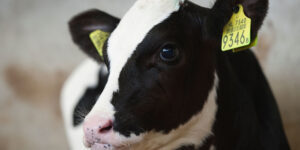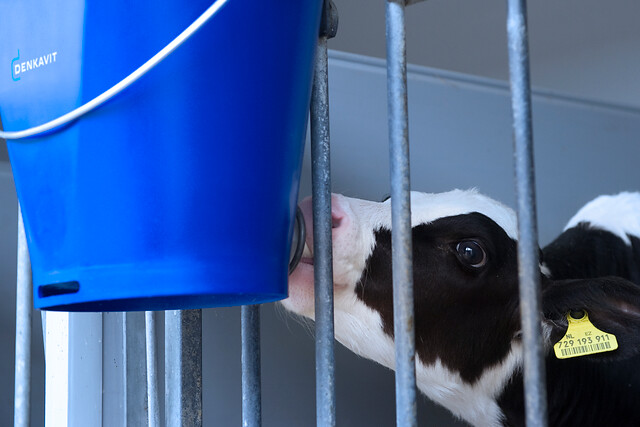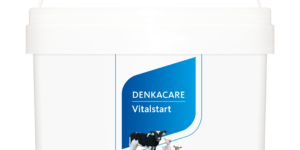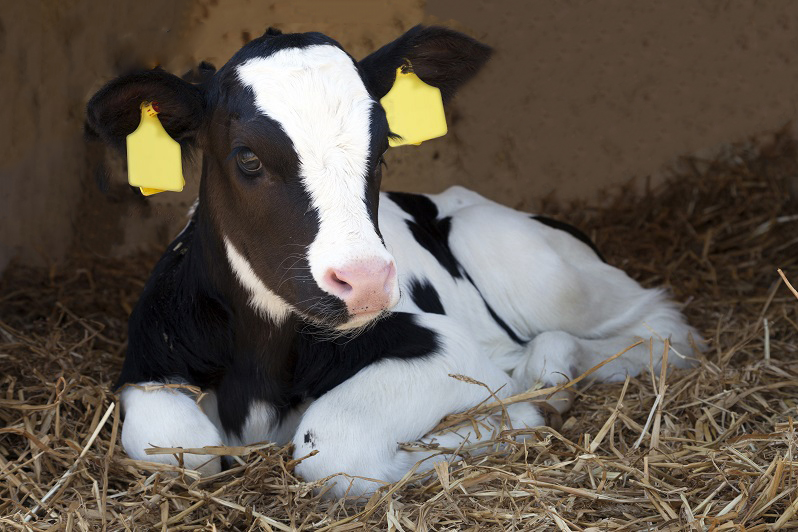Inclusion of hydrolyzed wheat successfully replaced dairy proteins
To be less dependent on dairy raw materials as a protein source, vegetable ingredients offer a sustainable solution for use in calf milk replacers.
In this article, we share the results of our research into the use of wheat protein as a vegetable protein source in calf milk replacers.
The right protein resources
By offering the right amount of vegetable protein with a balanced amino acid profile and high digestibility, it is possible to achieve excellent growth results with a high degree of safety.
A pre-treatment is essential for these raw materials to properly digest vegetable proteins. This makes hydrolyzed wheat protein, but also soy protein concentrate and extruded pea protein ideally suited protein sources.
Research is essential
Before a possible new protein source can be used in a milk replacer, it is first tested extensively in the laboratory. The foundation of the selection of the correct (vegetable) protein sources lies at the DenkaFarm Innovation Centre. Here we conduct intensive research into the possibilities of various raw materials, product formulation and, feeding concepts. In addition, we can measure the digestibility of new raw materials very accurately.
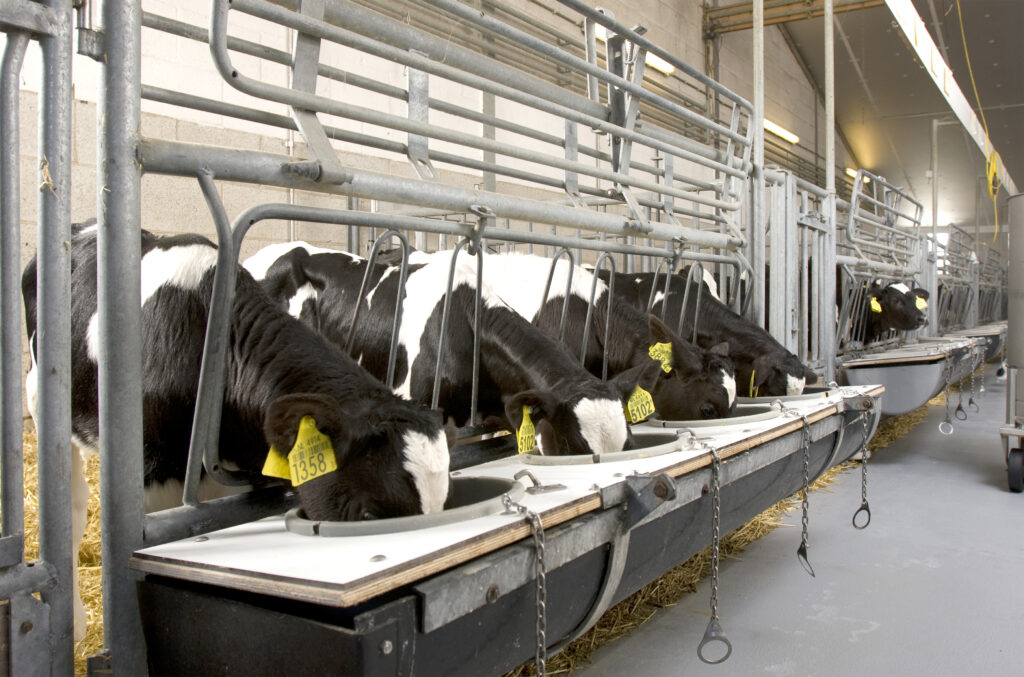
Presentation at an American conference
We recently presented one of the studies performed at the DenkaFarm Innovation Center at one of the world’s largest scientific conferences in the area of calf rearing (ADSA Conference, Chicago, USA). Here the effect of partial replacement of dairy protein with hydrolyzed wheat protein was tested on growth performance, digestion efficiency, and health of pre-weaned dairy calves.
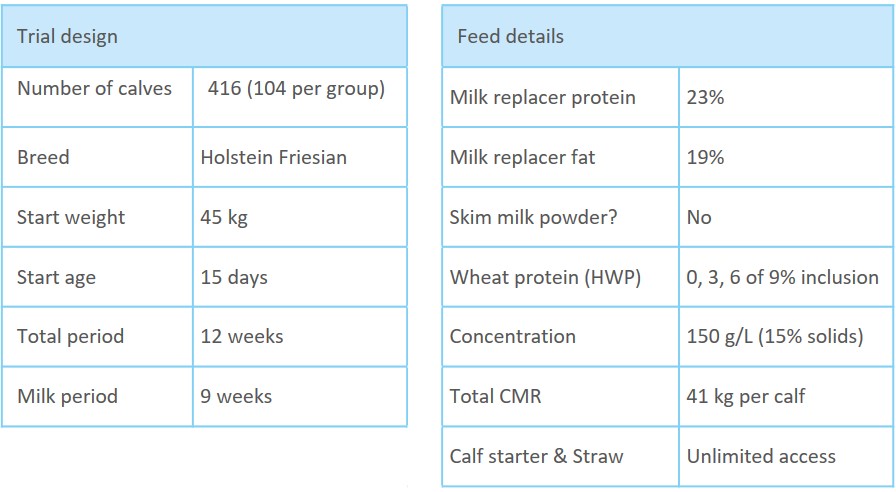
Results
As can be seen from the tables and figures below, none of the measured growth and health parameters showed a significant difference.
These similarities between the different treatments lead to the conclusion that hydrolysed wheat protein can perform as an excellent alternative protein source in calf milk replacers.
Average daily gain (g/d)
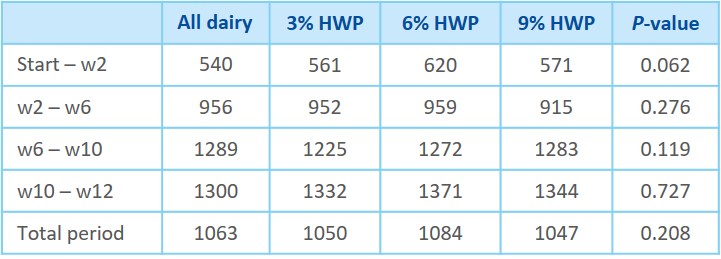
Feed conversion (CMR-eq/kg growth)

Health performance

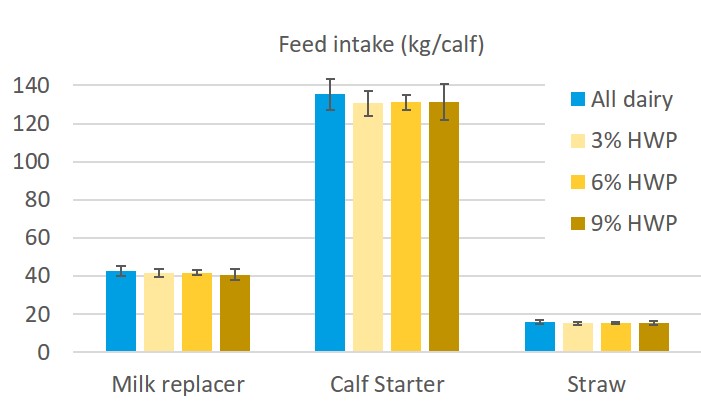
Conclusion
In a period in which dairy raw materials are precious and the prices of calf milk replacers are under pressure, it is good to know that alternatives do exist. Alternatives with which it is possible to reach excellent growth results with a high level of security. In the future, we will also share our research on the addition of soy protein concentrate and pea protein for future implications in calf milk replacers.
Want to read more about vegetable protein sources in calf milk replacers? Click here



